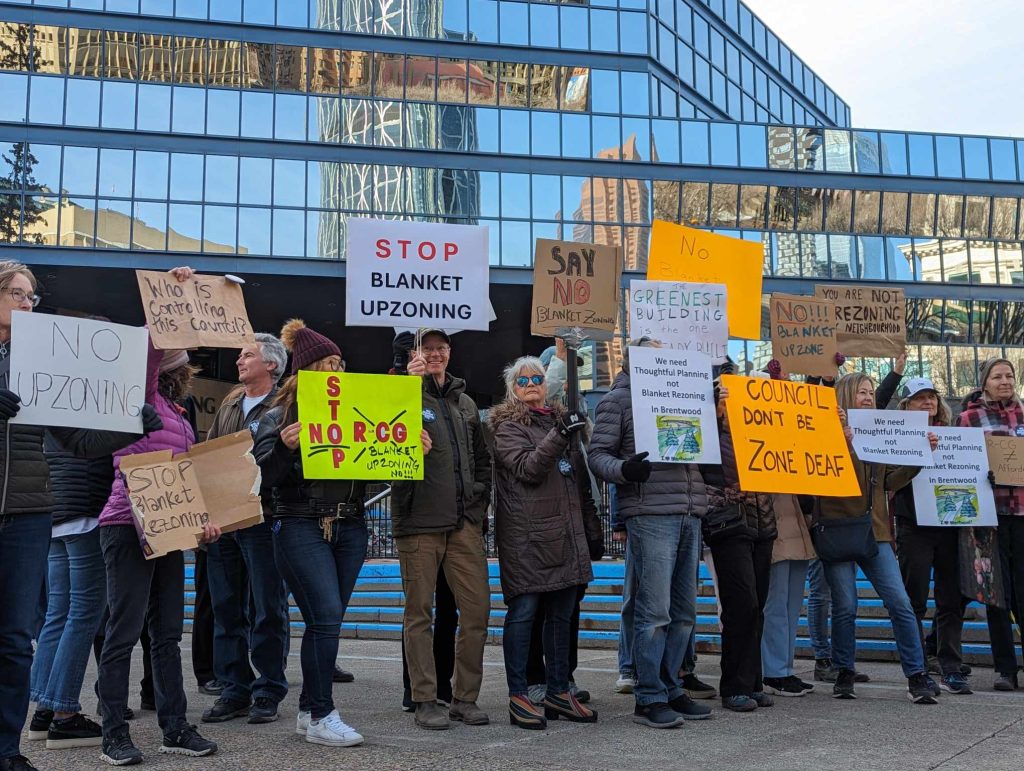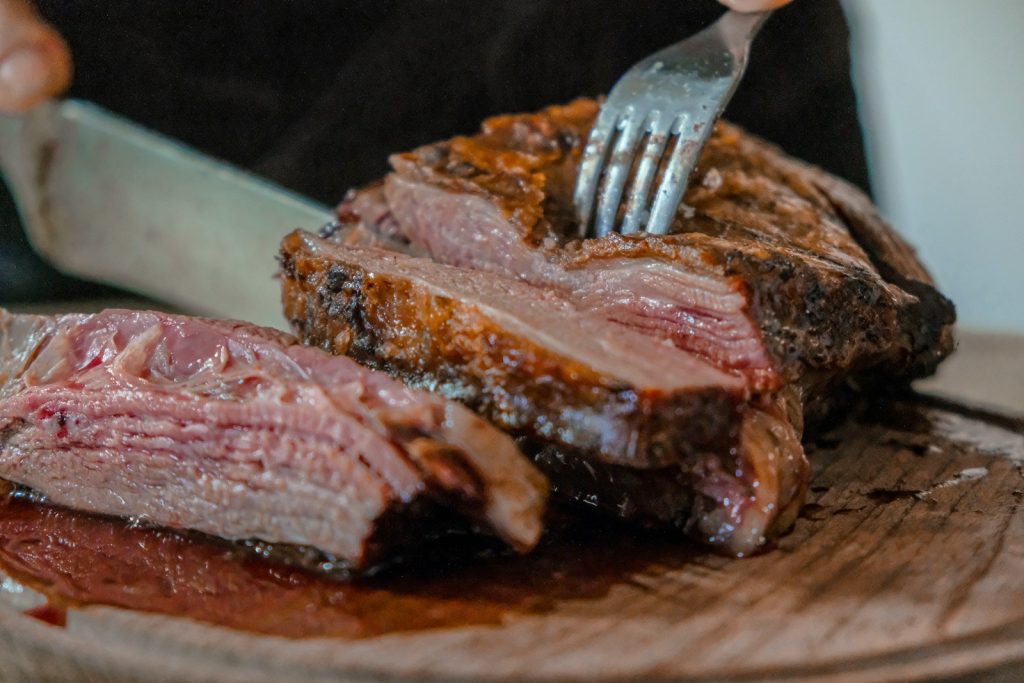Eligible voters could be disenfranchised by stricter ID rules, groups say
Posted Jul 2, 2015 10:38 am.
Last Updated Jul 2, 2015 3:40 pm.
This article is more than 5 years old.
TORONTO – Denying people the ability to use voter identification cards as valid ID at the polls could disenfranchise tens of thousands of eligible voters in the upcoming federal election, advocacy groups warned in court Thursday.
The Council of Canadians and the Canadian Federation of Students are seeking an interim injunction against a key voter identification provision in the Fair Elections Act, passed last year.
The Harper government made changes to voter identification rules last year out of concern over voter fraud. The organizations want Canada’s chief electoral officer to be able to authorize voter identification cards as valid ID, a power that was taken away in the act.
Without a voter identification card, voters need a piece of photo ID with their current address or two pieces of ID, one with a photo and one with a current address.
“At least in the tens of thousands would not be able to vote because they wouldn’t have access to those two separate pieces of identification,” Maude Barlow, national chairperson for the Council of Canadians, said outside the Ontario Superior Court of Justice.
A constitutional challenge of the act is in the works, but that won’t happen until after the next election. The council and the federation want the injunction so those who need to use the voter identification cards will be able to this fall.
Speaking for both groups, lawyer Steven Shrybman said excluding the voter identification cards as valid ID will make it more difficult for certain groups of Canadians to vote. Young people, students, the elderly, homeless people and aboriginal people living on reserves have a harder time meeting the ID requirements because they have difficulty getting ID with their current address, he said.
Pierre Poilievre, Conservative minister responsible for democratic reform said in a statement that there are 39 recognized pieces of ID “easily attainable” under the act but the council disagrees that they are easy to get.
“If you’re a young person who’s left home and you don’t have that identification, if you’re a senior who no longer drives, if you’re a senior who’s gone into a residence…I personally know of many people who wouldn’t have access to those pieces of identification,” Barlow said.
Other than a driver’s licence, very few pieces of ID even have an address, Shrybman said. He argued the voter identification card system is simplest because Elections Canada registers eligible voters door-to-door without requiring people to attain an ID with a current address.
“It doesn’t get any easier than that,” he said. “The government’s responsibility is to facilitate, not to interfere with voting.”
The British Columbia Civil Liberties Association joined the council and the federation as an intervener in the case, arguing the potential damage caused by any fraud is outweighed by the damage resulting from disenfranchising eligible voters.
“The lost chance to vote in an election causes irreparable harm,” said lawyer Brendan van Niejenhuis.
Some 400,000 Canadians used the voter identification cards in the 2011 election as part of a pilot project that Elections Canada wanted to expand to the whole country.
Before the Fair Elections Act was introduced, Marc Mayrand, the chief electoral officer, announced his intention to allow all Canadians to use the voter identification cards as valid ID in the 2015 election. If allowed to use the voter identification card, all a person would need is one supporting document and it wouldn’t have to contain an address.
Disallowing the practice will only make it more difficult for some Canadians to vote, Shrybman said.
“We simply don’t have examples of people showing up at polls and pretending to be someone else to vote,” he said.
The government will be making its arguments against the injunction on Friday.










